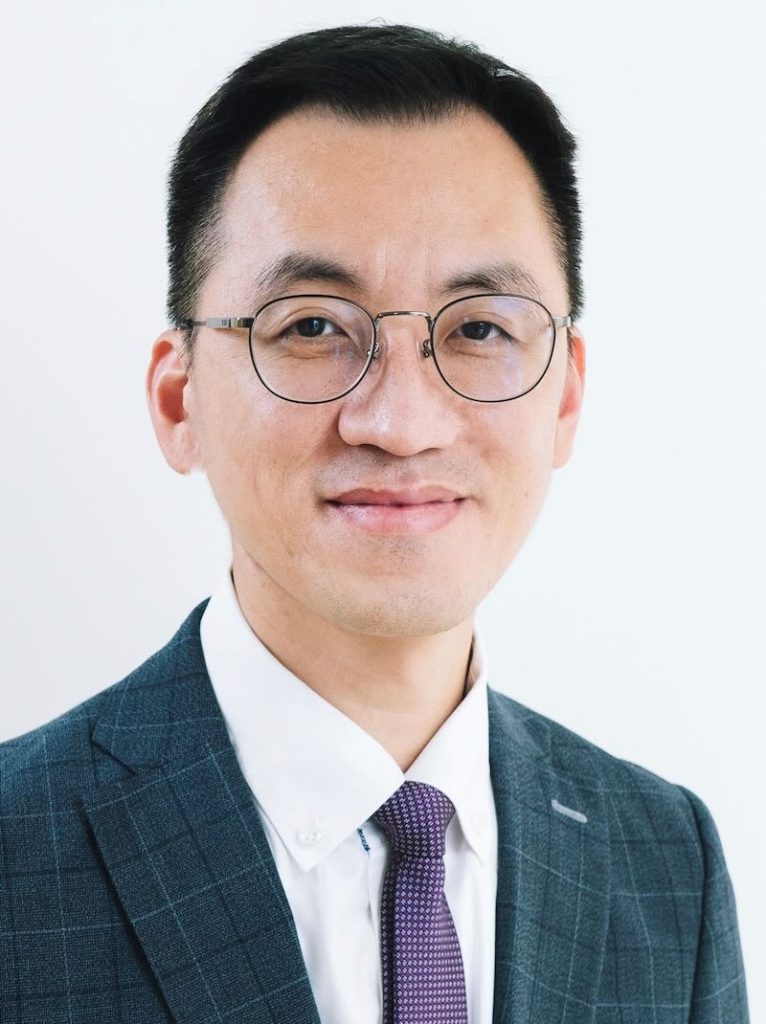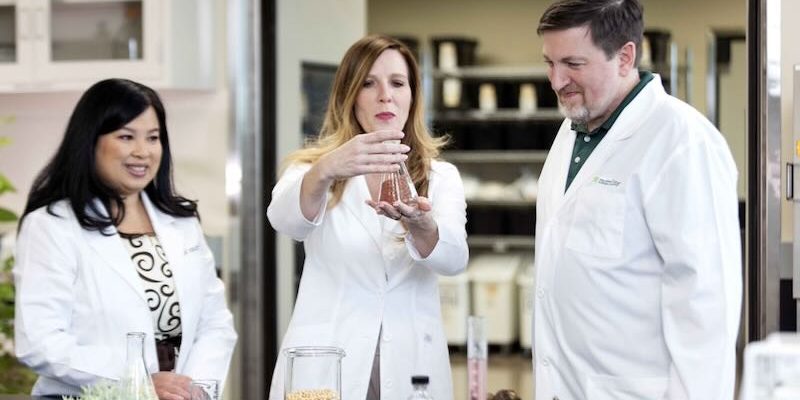
Taiwan’s rapidly aging population presents a significant healthcare challenge, particularly in the management of chronic conditions like kidney disease. As Taiwan officially enters the ranks of a “super-aged” society, the need for sustainable, patient-centered treatments has never been greater.
Vantive, a newly independent company born from Baxter International, is taking on this challenge with a laser-focused mission: to extend lives and expand possibilities through vital organ therapy.
“We have built on Baxter’s 70-year legacy in kidney care to create a company that is completely dedicated to vital organ therapy,” says Gary Wong, Cluster General Manager for Taiwan, India, Singapore, Hong Kong, Indonesia, and the Philippines at Vantive. “This focus allows us to direct our R&D investments, commercial deployments, and partnerships towards increasing access to home dialysis and other innovative treatments.”
Taiwan has the highest prevalence rate of dialysis patients among developed nations, posing a significant burden on the healthcare system. Currently, over 90,000 patients in Taiwan require dialysis, and the financial burden is substantial. By increasing adoption of home-based peritoneal dialysis (PD), Taiwan could significantly reduce healthcare burden while improving patient outcomes.
Traditional in-center hemodialysis (HD) requires patients to visit clinics three times a week for four-hour sessions, plus travel time. Home dialysis, particularly PD, presents an alternative that offers greater flexibility, improved quality of life, and lower costs for both patients and the healthcare system.
“Home dialysis empowers patients to take control of their treatment,” says Wong. “With automated peritoneal dialysis (APD), patients can perform dialysis while they sleep, freeing up their days for work, family, and personal activities. This approach reduces the strain on hospitals and lowers the demand for healthcare professionals, which is critical in an aging society, not to mention the infection risk reduction in case of another pandemic.”
Despite these advantages, Taiwan lags behind its regional peers in home dialysis adoption. While Hong Kong boasts a 70% PD penetration rate and Singapore has set a target of 30% Take-On-Rate of PD, Taiwan’s PD penetration remains below 8%. To address this gap, Vantive is actively advocating for improved incentives for PD adoption.
“In July 2023, Taiwan introduced a new reimbursement plan to encourage PD adoption,” says Wong. “This is a positive step, but we need further efforts to balance incentives and address systemic biases that favor in-center HD.”
One of the key drivers of Vantive’s approach is digital transformation. The company is leveraging Remote Patient Management (RPM) technology to enhance the safety and effectiveness of home dialysis.

“With RPM, patient data is automatically transmitted to healthcare providers, allowing for close monitoring and early intervention if complications arise,” Wong says. “Studies have shown that this predictive capability can significantly reduce hospital readmissions and emergency visits, ultimately improving patient outcomes and minimizing unnecessary hospital visits.”
However, digital health adoption faces challenges, including regulatory hurdles, the need for proper reimbursement structures, and unclear pathways for approvals.
“Currently, multiple government agencies oversee different aspects, making it difficult to launch new digital health products efficiently,” says Wong. “Additionally, healthcare professionals need incentives to adopt remote monitoring – right now, they’re only reimbursed for in-person consultations.”
Beyond home dialysis, Vantive also provides life-saving solutions for intensive care units (ICUs). The company’s Continuous Renal Replacement Therapy (CRRT) solutions support critically ill patients suffering from acute kidney failure.
“Our CRRT technology enables clinicians to provide continuous, gentle dialysis in ICU settings, which is crucial for patients with Acute Kidney Injury (AKI) who are hemodynamically unstable,” says Wong. “This treatment helps prevent further organ damage and improves patient survival rates.”
One of the biggest hurdles to increasing PD adoption is awareness and education. Many patients automatically assume that HD is their only option, partly due to the sheer number of HD clinics in Taiwan. Vantive is working to shift this mindset by promoting education and patient empowerment.
“Our goal is to help patients see the possibilities of home dialysis – not just as a treatment, but as a way to maintain their independence,” says Wong. “We’ve seen PD patients in Taiwan successfully run businesses, travel internationally, and pursue their passions. It’s not just about extending life, but also about expanding possibilities.”
Markets that have successfully increased PD adoption have done so through a mix of financial incentives, policy mandates, and public education campaigns. The United States, for example, set a goal in 2019 to have 80% of new dialysis patients either on home dialysis or receiving a kidney transplant.
As Taiwan’s population ages and healthcare demands increase, sustainable solutions like home dialysis are more crucial than ever. Vantive is committed to working alongside the government, healthcare providers, and patients to drive this transformation.
“Our goal is to ensure that more patients have access to treatments that let them live their lives to the fullest,” says Wong.





